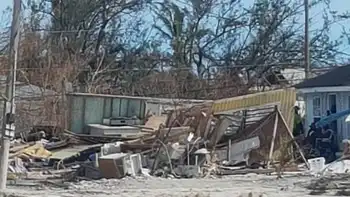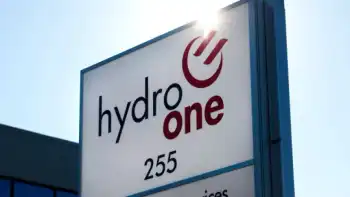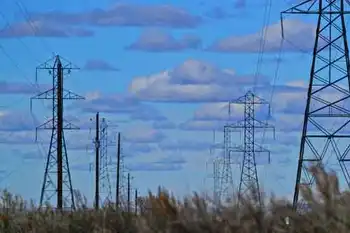Eagle Plains study to get $300,000
EAGLE PLAINS, YUKON - A First Nations study on the extraction and marketability of natural gas from Eagle Plains, Yukon, has received more than $300,000 in federal government funding.
The Canadian Northern Economic Development Agency, or CanNor, announced that it will spend $300,375 over two years to help the Vuntut Gwitchin Limited Partnership assess the viability of future oil and gas development in the Eagle Plains region.
Located in northern Yukon, the Eagle Plains region is estimated to have six trillion cubic feet of natural gas and more than 400 million barrels of oil, according to officials.
The First Nation partnership will produce a feasibility study and business plan for the distribution of Eagle Plains natural gas — via truck or pipeline — to the territory's mines, or to power Yukon's electrical grid.
"Basically, this is just the feasibility study to see if the economics are there to get Yukoners their own sourced energy supply," Ron Daub, executive director of the Vuntut Gwitchin Limited Partnership, told CBC News.
Daub said the study will be important because natural gas is a cleaner fuel than diesel, and communities will be interested in having access to a greener and more affordable energy source.
"We look at this information and, going forward, this information will be important not only to the First Nations but all of Yukon," he said.
The Vuntut Gwitchin partnership will lead the study on behalf of the Vuntut Gwitchin, Trondek Hwech'in and Nacho Nyak Dun First Nations, as well as and Gwich'in Tribal Council.
The Yukon government is committing $35,000 to the feasibility study, while the Vuntut Gwitchin Limited Partnership will provide $33,375. Daub said the First Nations will be putting in a total of about $90,000 to the project.
A feasibility study on Eagle Plains gas is exactly what is needed in Yukon, said David Dunn, a Calgary-based gas expert who is taking part in Yukon Energy Corp.'s three-day townhall meeting in Whitehorse on the future of energy in the territory.
"I'm pleased to see that moving forward. It's the numbers that I think this kind of group really needs to figure out exactly what the true cost of delivery is," Dunn said.
Dunn said the territory has eight geological gas basins, three of which are significant.
The only gas basin that is currently producing, the Kotaneelee basin near Watson Lake, is running out, leaving Eagle Plains as the most promising producer, said Dunn.
Dunn said the key issue will be how to transport gas from Eagle Plains to Stewart Crossing, where it can be turned into energy and added to Yukon Energy's existing electrical system.
Related News

Maritime Electric team works on cleanup in Turks and Caicos
TORONTO - Maritime Electric has sent a crew to help in the clean up and power restoration of Turks and Caicos after the Caribbean island was hit by Hurricane Irma.
They arrived earlier this week and are working on removing debris and equipment so when supplies arrive, power can be brought back online.
Fortis Inc., the parent company for Maritime Electric operates a utility in Turks and Caicos.
Kim Griffin, spokesperson for Maritime Electric, said there are over 1000 poles that were brought down by the storm.
"It's really an intense storm recovery," she said. 'Good spirits'
The crew is working with less heavy equipment…




